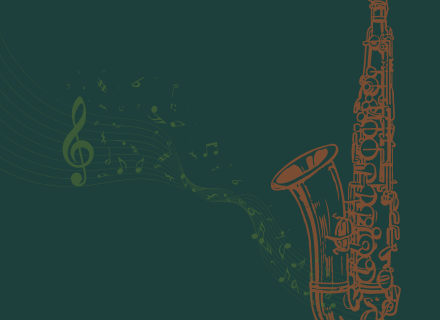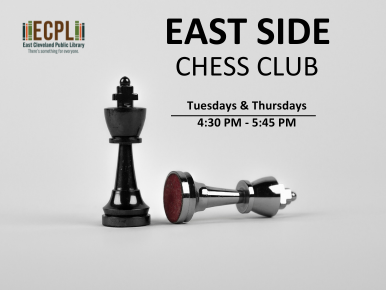Skip to main content

Program guide
What's coming up at the ECPL?

Shaw High School
Yearbooks

Upcoming Concerts
Music at ECPL

Book A Meeting Room
Click here to book a meeting room at the ECPL.

East Side Chess Club

Free snacks for kids all fall!

Makerspace

East Side Chess Tournament
Back to top